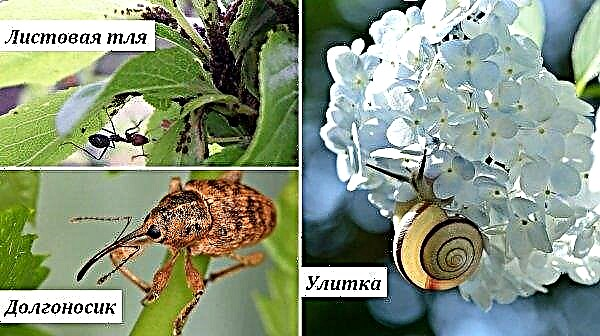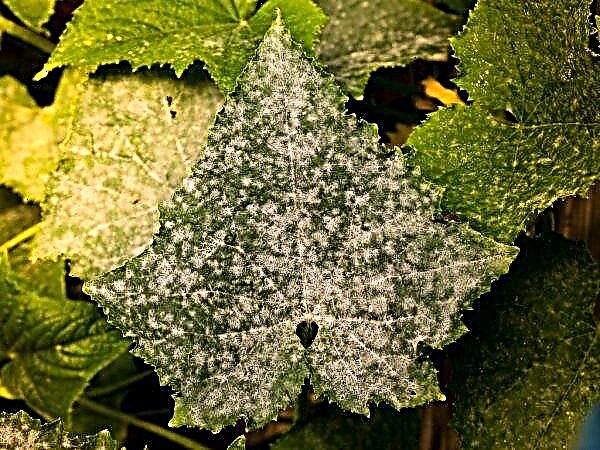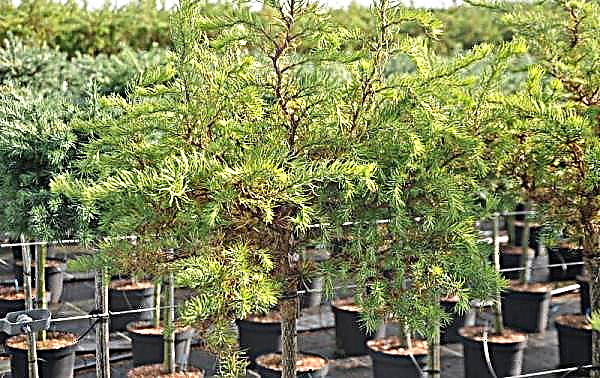Working in partnership with leading vegetable growing companies, scientists at KeyGene, a Dutch research company, have discovered sweet pepper plants that show a new type of insensitivity to a group of harmful pathogens: heminiviruses.
The new find is also described as "loss of susceptibility." Scientists presented their findings at an international scientific conference in Glasgow on July 14.
KeyGene aims to use this breakthrough to contribute to the sustainable cultivation of crops such as sweet and hot peppers, cotton and cassava, which currently require regular spraying against whiteflies, the main distributor of heminiviruses.

KeyGene chose a strategy that is very similar to sustainability, but still completely different: breeding cultures that have lost their susceptibility and thus become insensitive to the virus.
These insensitive plants do not need protection at all: viruses cannot reach them, because the plant no longer produces the specific protein needed to infect the virus.
KeyGene scientists are the first to successfully breed sweet pepper plants that have lost their susceptibility to heminiviruses. They accomplished this by studying sweet pepper plants with changes in the gene needed for viral infections. This led them to discover plants that were no longer susceptible to heminivirus due to a minor change in the so-called DTP gene.

Selection companies have already begun using successful results in their own sweet and hot pepper growing programs.
With the development of the “susceptibility loss” approach, KeyGene will help reduce the use of chemical products for whitefly control, as well as more stable and higher yields of crops such as sweet and hot peppers, cassava and cotton.












